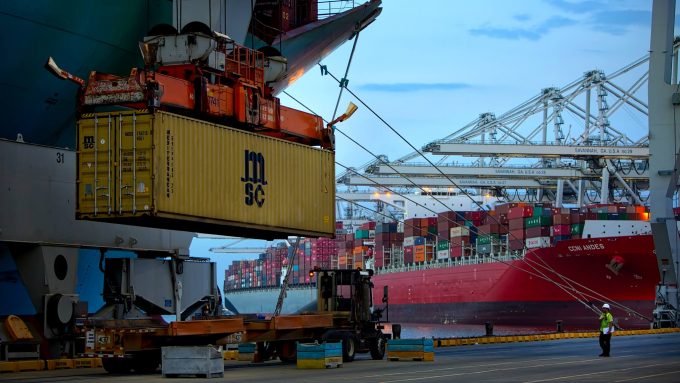Yang Ming launches fleet expansion plan after profits soar
Taiwan’s Yang Ming is bullish about long-haul ocean freight rates as it embarks on fleet ...

Shipping lines have come under fire in the US, Europe and Australia for detention and demurrage (D&D) charges they have imposed on shippers, with representatives of cargo owners protesting to regulators.
For some, however, having a regulatory body that fights your corner is not an option and it is the treatment of these shippers in particular that can shine a light on the carriers’ claims of support for their customers during these tough times.
One such group of shippers form the supply ...
Asia-USEC shippers to lose 42% capacity in a surge of blanked sailings
Why ROI is driving a shift to smart reefer containers
USTR fees will lead to 'complete destabilisation' of container shipping alliances
New USTR port fees threaten shipping and global supply chains, says Cosco
Outlook for container shipping 'more uncertain now than at the onset of Covid'
Transpac container service closures mount
DHL Express suspends non-de minimis B2C parcels to US consumers

Comment on this article